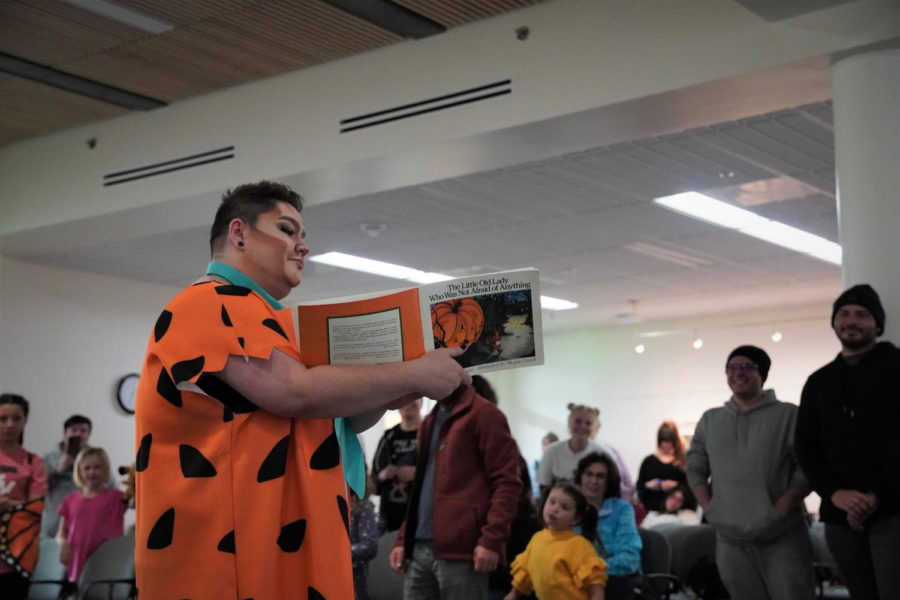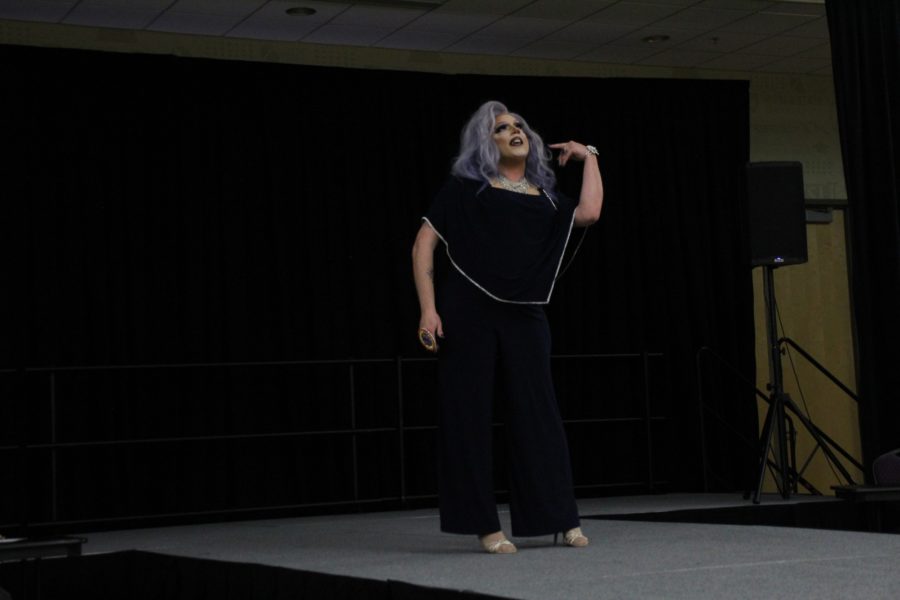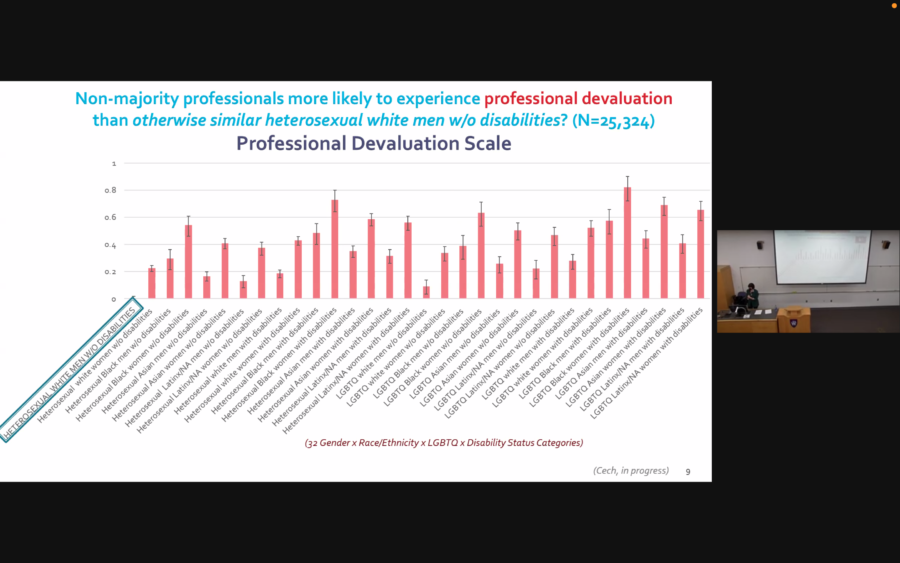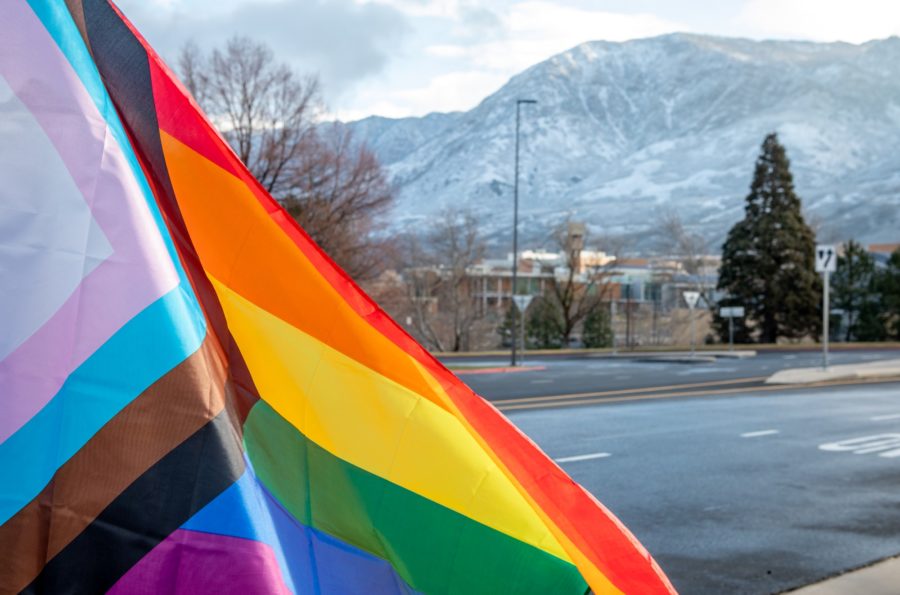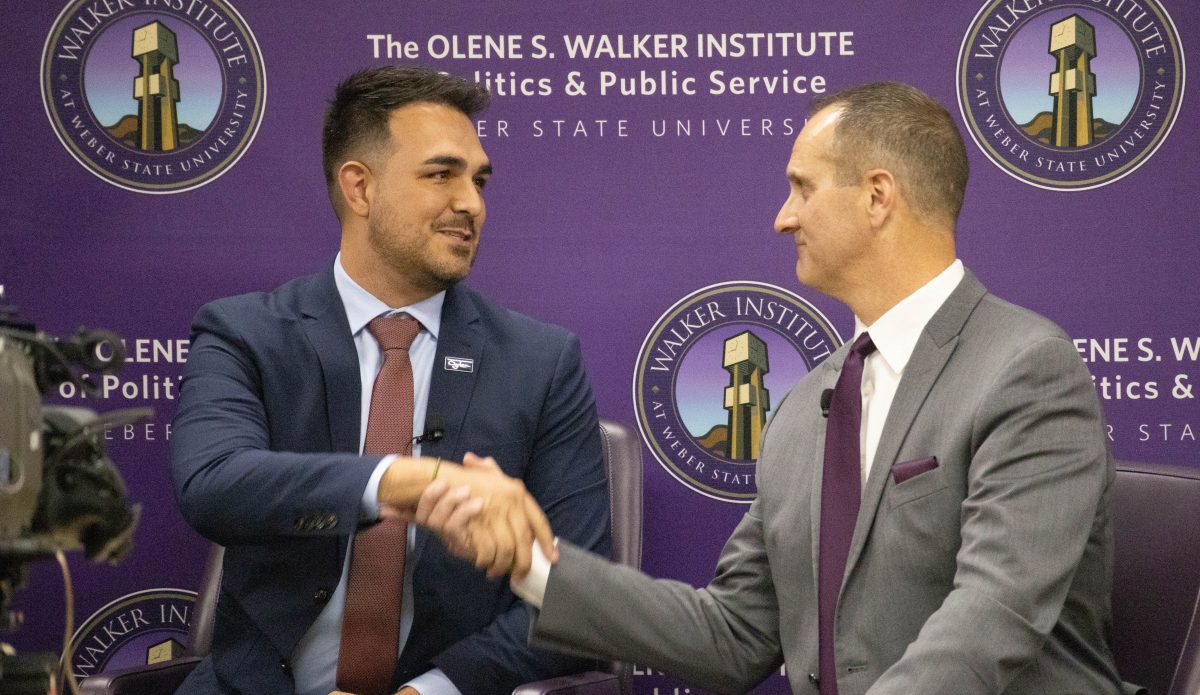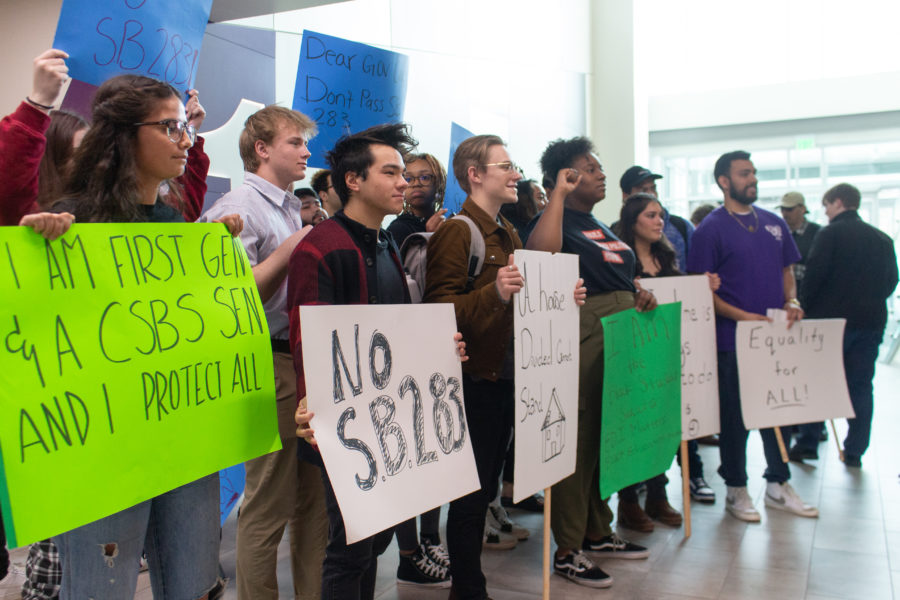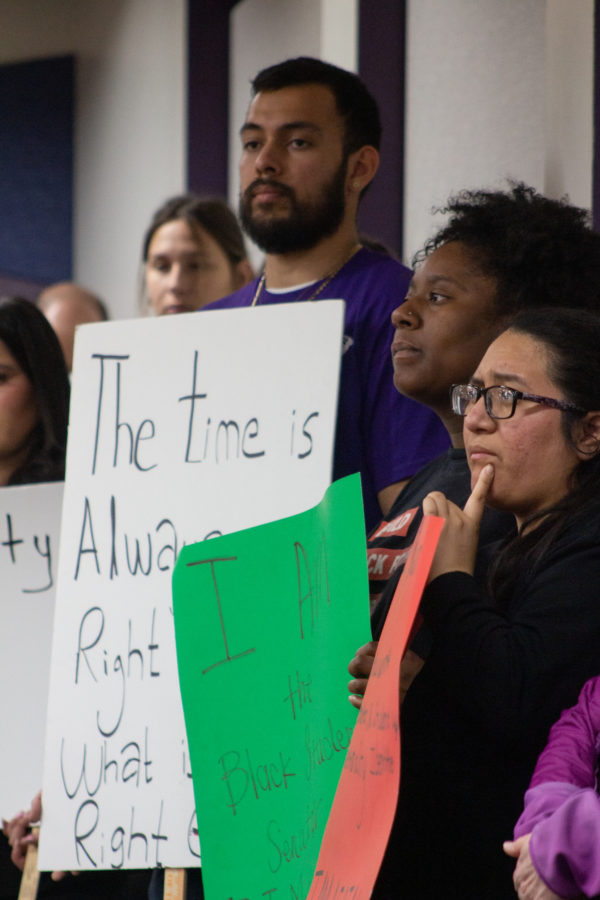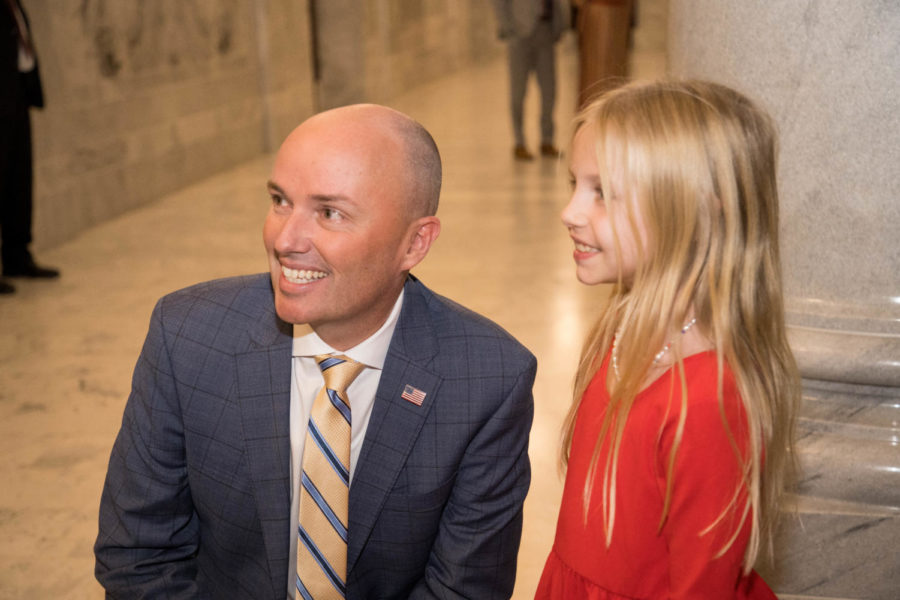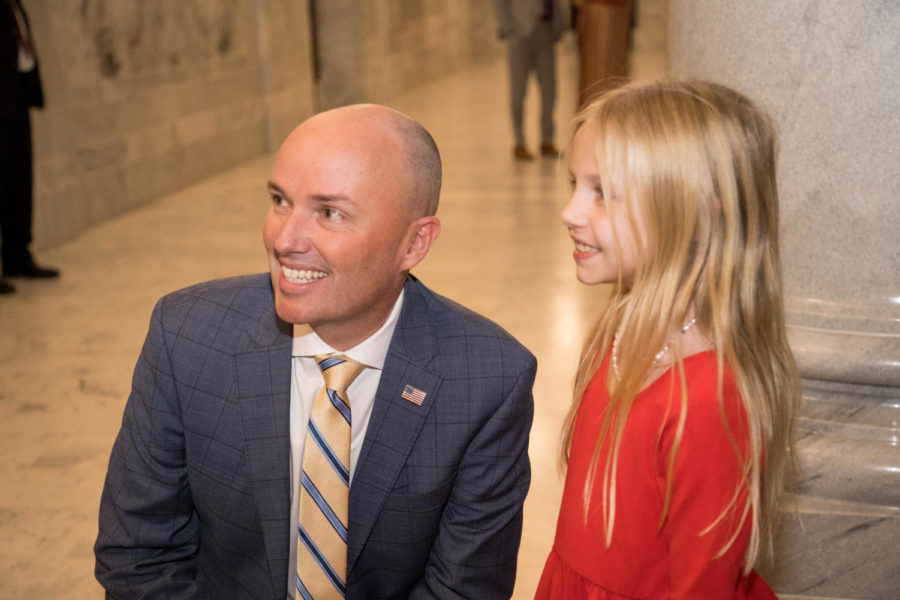
This article was updated June 27 at 9:30 p.m.
In a 5-4 decision, the Supreme Court of the United States announced Friday morning that same-sex couples had the right to get married in all 50 states.
“(My reaction) was, ‘It’s about time,'” said WSU senior Phillip Reynolds. “I knew it was going to happen. It was just waiting on when it was going to happen.”
After years of legislation, appeals and various court decisions, the United States became the 21st country to nationally legalize same-sex marriage.
“We’ve been waiting for a very long time,” said Weber State University LGBT Coordinator Jayson Stokes. “Marriage is really a cornerstone of our society, whether you’re talking about the religious institution of marriage or even—more importantly in this case—the legal institution of marriage.”
In their ruling on the case of Obergefell v. Hodges, the Supreme Court declared that the 14th Amendment required that states must issue marriage licenses to any same-sex couples that apply for one.
“The limitation of marriage to opposite-sex couples may long have seemed natural and just, but its inconsistency with the central meaning of the fundamental right to marry is now manifest,” the court opinion read. “The right to marry is a fundamental right inherent in the liberty of the person, and under the Due Process and Equal Protection Clauses of the Fourteenth Amendment, couples of the same-sex may not be deprived of that right and that liberty.”
WSU criminal justice Assistant Professor Mark Denniston said the Supreme Court has expanded the scope of rights protected by the due process and equal protection clauses of the 14th Amendment since the 1950s, and in 1967 in the case of Loving v. Virginia, the Supreme Court ruled that laws against interracial marriages were unconstitutional because of these same clauses.
Denniston said that although the court’s ruling in both cases were similar, the decision on Friday legalizing same-sex marriage was much more divisive.
“While the Loving case was unanimous, the case today further extending these clauses to cover same sex marriage was divided 5-4, in part because the decision today in a sense changed the definition of marriage itself (from between one man and one woman to between two persons),” Denniston said.
Despite that, Denniston said the court’s decision was not a surprise.
“This is a major decision, (a) landmark decision,” he said. “While not completely unexpected given the court’s recent history in this area and the ongoing requirement to recognize same sex marriages in Utah based on lower court decisions, this decision by the highest court in the land confirms those lower court decisions in Utah and removes any lingering uncertainty for Utah same sex couples, especially if they might need to travel out of state.”
While people across the country celebrate the ruling, some religious groups continue to remain opposed to same-sex marriage. The Catholic Diocese of Salt Lake City and the Church of Jesus Christ of Latter-day Saints both issued statements Friday stating that, while respecting the court’s decision, they would continue to teach marriage as a heterosexual institution.
“The Church of Jesus Christ of Latter-day Saints acknowledges that following today’s ruling by the Supreme Court, same-sex marriages are now legal in the United States,” the LDS Church said in a statement. “The Court’s decision does not alter the Lord’s doctrine that marriage is a union between a man and a woman ordained by God. While showing respect for those who think differently, the Church will continue to teach and promote marriage between a man and a woman as a central part of our doctrine and practice.”
Read the full Supreme Court opinions here and full news release from the LDS church here.



